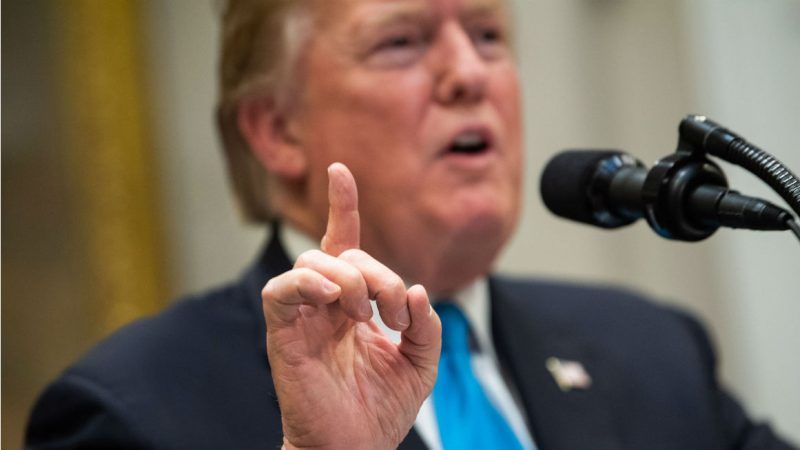DANIEL DEPETRIS
 Four tankers off the Emirati coast were damaged last month by what investigators concluded were explosives attached to the ships' hulls. The Trump administration immediately pointed to Iran or Iranian-directed proxies as the perpetrators of the attacks. Yesterday, two more ships were attacked near the Strait of Hormuz. And for the second time, Trump administration officials blamed Tehran for the incident, citing a grainy, black-and-white video of an Iranian vessel purportedly approaching one of the ships to remove an unexploded mine hours after the attack happened.
Four tankers off the Emirati coast were damaged last month by what investigators concluded were explosives attached to the ships' hulls. The Trump administration immediately pointed to Iran or Iranian-directed proxies as the perpetrators of the attacks. Yesterday, two more ships were attacked near the Strait of Hormuz. And for the second time, Trump administration officials blamed Tehran for the incident, citing a grainy, black-and-white video of an Iranian vessel purportedly approaching one of the ships to remove an unexploded mine hours after the attack happened.
While the circumstances remain murky, we should not be surprised if investigators prove that Iran's Islamic Revolutionary Guard Corps conducted or ordered these strikes. Why? Because U.S. economic sanctions against Iran are crushing an already cash-poor economy, and retaliation was inevitable. If the Trump administration continues its policy toward Iran, we could very well find ourselves in a war nobody wants.
To a wide cross-section of the Washington foreign policy establishment, Iran is the source of all mischief in the Middle East. Iran sponsors terrorism, leverages proxies around the region to keep its opponents on the defensive, threatens to use crude oil as a weapon, and continues to develop the region's largest ballistic missile arsenal. Foreign policy pundits frequently talk about Iran as if it's building another Persian Empire, or is just a whisker away from becoming a regional hegemon.
While those are impossible ambitions considering Iran's limited economic, political, and military power, the Trump administration's "maximum pressure policy" is rooted in these beliefs. In an attempt to force a significant change in Iran's behavior, the White House has wielded the stick almost exclusively through an increasingly complicated sanctions architecture, an increase in military assets to the Persian Gulf, and threats of military action. If President Trump does call for dialogue with Iran, it's prefaced on the Iranian government capitulating to every American demand.
The problem with this approach, however, is that Iran was never going to throw up the white flag. No Iranian leader worth his salt would even consider surrendering to a country hellbent on toppling the Islamic Republic. From the Iranian perspective, the U.S. is not to be trusted in any way, shape, or form; indeed, to do so would be reckless and irresponsible.
Any realist could have predicted how Iran's government in Tehran would respond to Washington's sanctions campaign. Throughout its 40-year history, the Islamic Republic has known mostly war and rivalry with stronger and wealthier adversaries; these experiences have given the country's leaders a virtually unlimited supply of paranoia. Add to that picture Washington's withdrawal from the Iranian nuclear deal, and it's no wonder Tehran has concluded that cooperation invites more aggression.
Instead of coming back to the negotiating table in a weakened position, as Washington assumed, Iran is lashing out and sending a message to the United States—if you continue the economic and military pressure, expect more incidents like what happened this week in the waters of the Persian Gulf.
The question now is what the administration should do. Trump has dug into a hole he must find a way to get out of. He can continue digging, piling on even more sanctions in the hope that Iran's current regime will collapse or give up. Or, he can put down the shovel and offer Iran a diplomatic exit-ramp before the situation gets irreparably worse.
President Trump claims he doesn't want a war with Iran, but rather a negotiation. This is a welcoming and promising goal. But if the president actually wishes to put this goal into practice, he needs to ignore his more hawkish national security advisers.
It's time to stop the war games and start talking. War with Iran would make Washington's years-long war in Iraq look like a walk in the park.
No comments:
Post a Comment